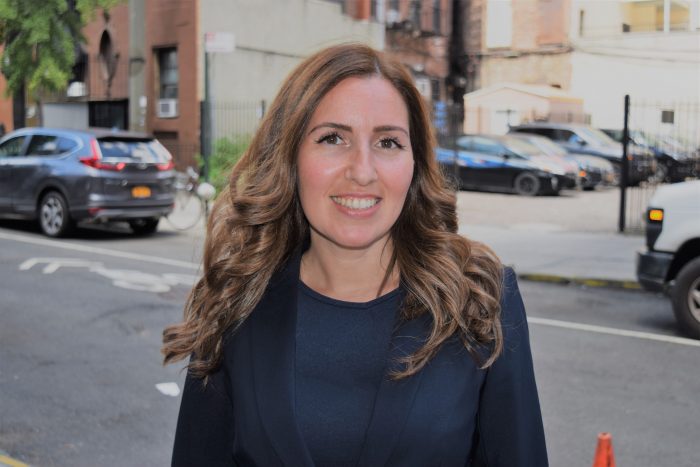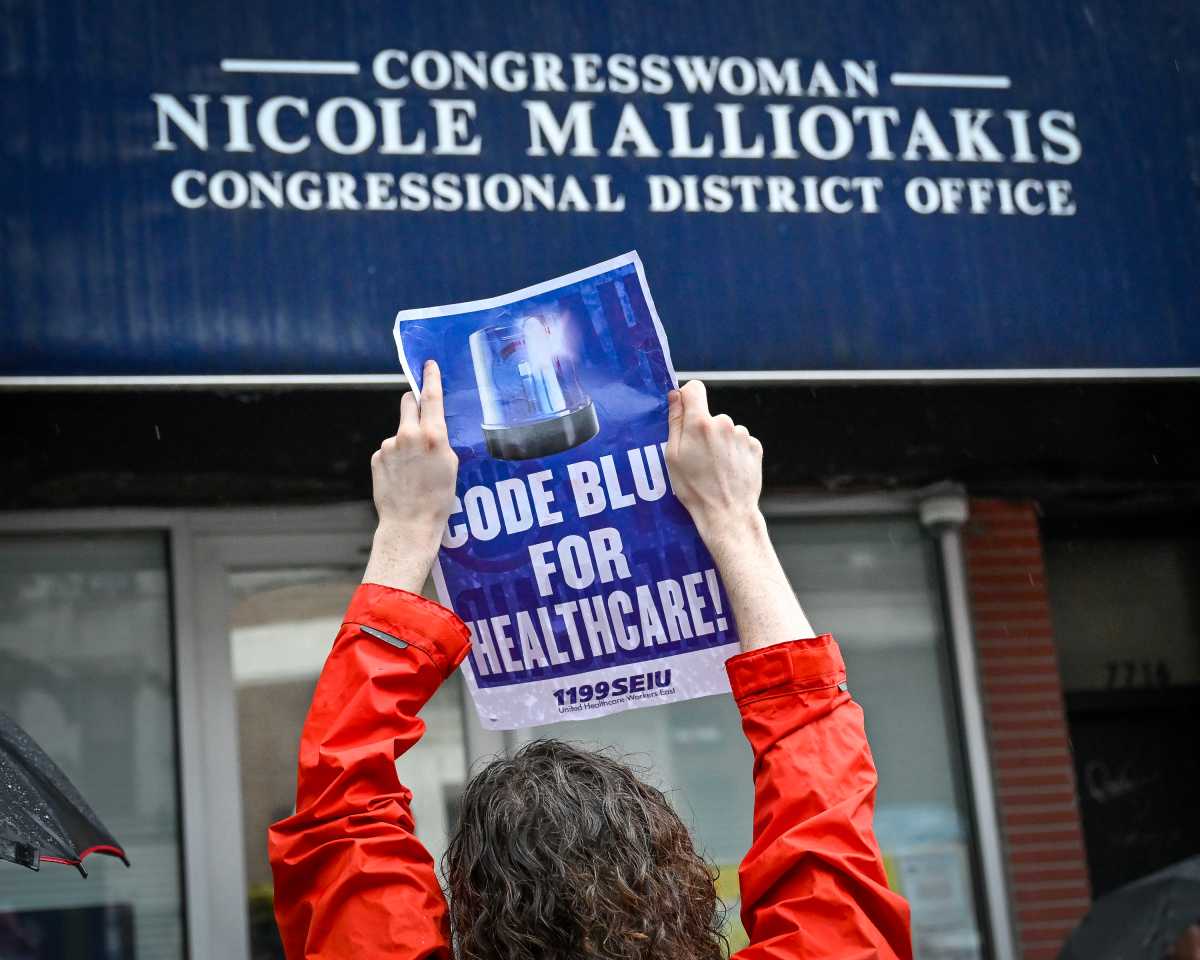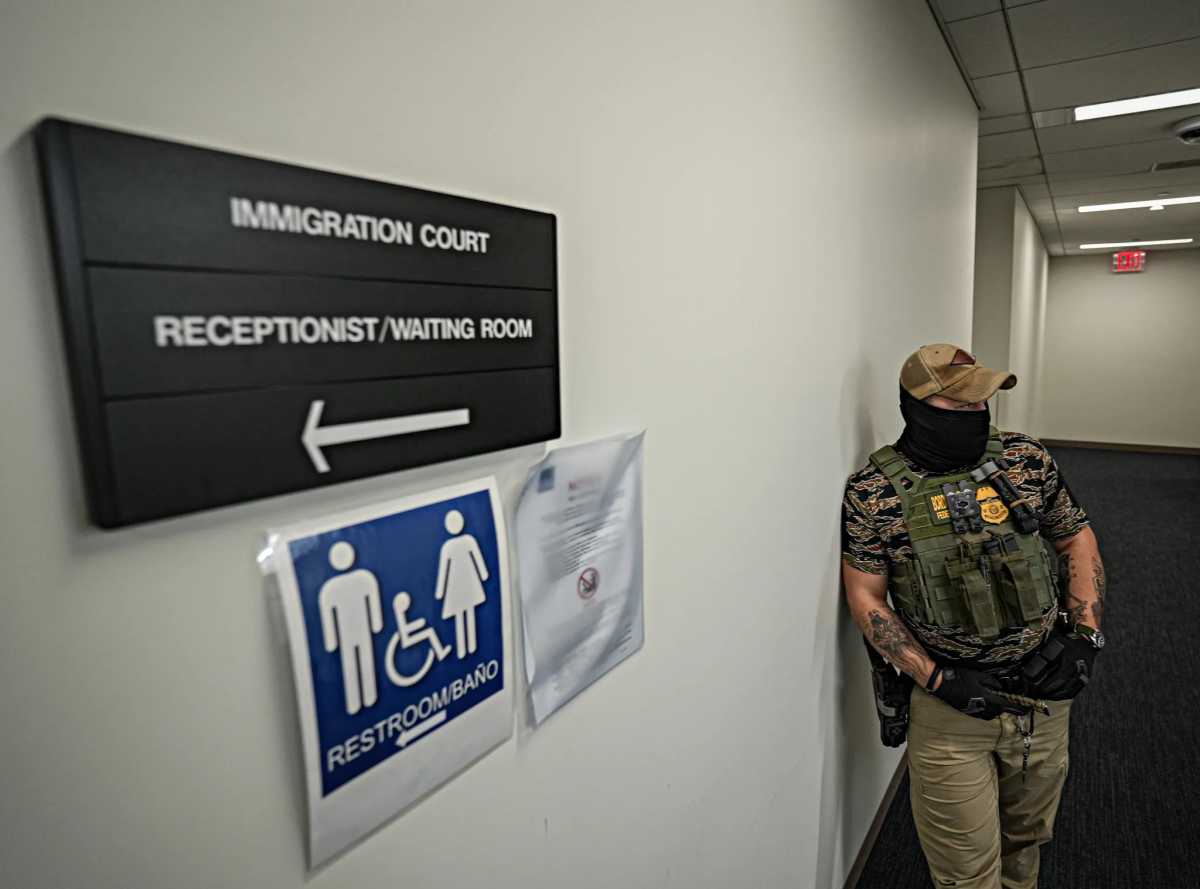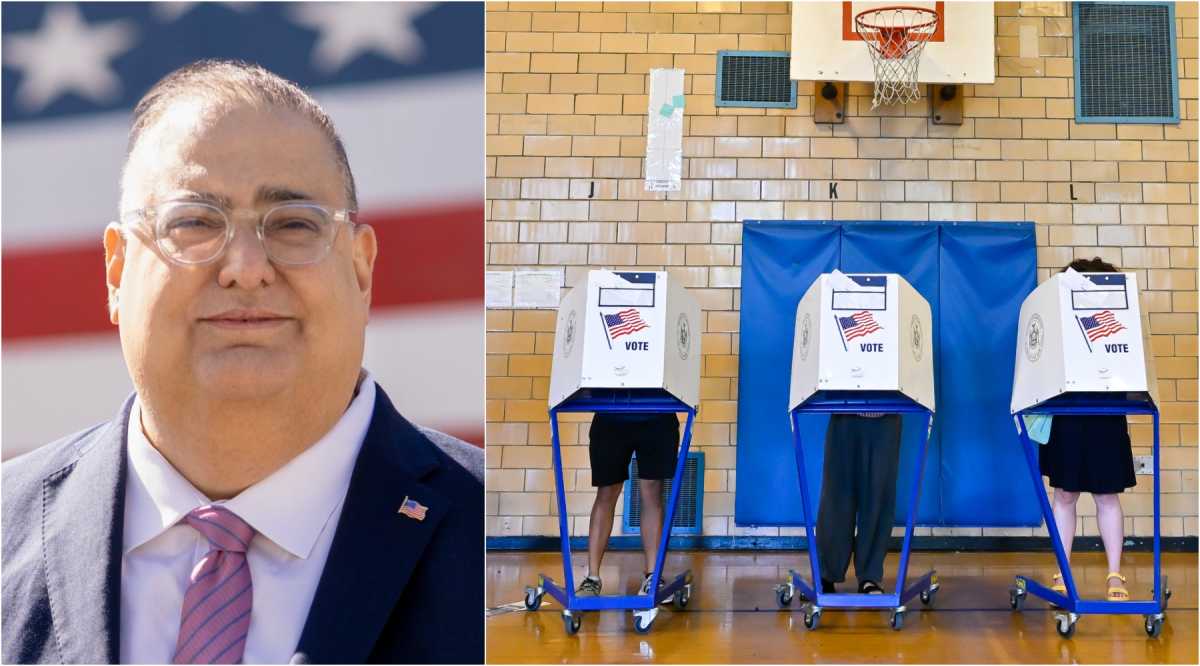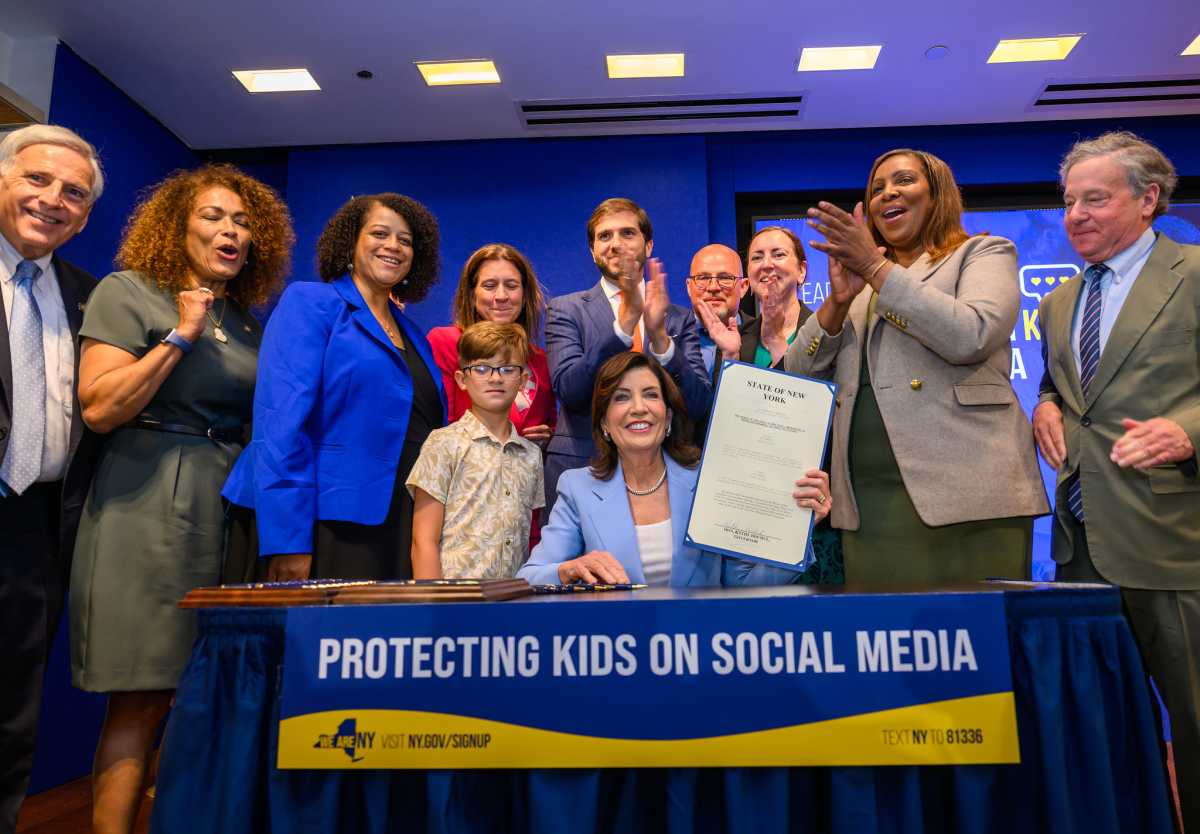One week before the election, Gina Levy is calm. The Democratic candidate running to be a Civil Court Judge in Brooklyn is staying true to her Jewish faith even in immediate days preceding the September 13 primary. She is taking a break from campaigning in order to observe the weekly Sabbath and to celebrate the holiday of Rosh Hashanah, which is September 9-11.
It’s only fitting that the primary comes at the end of the Jewish New year, as Levy is hoping to bring in a new era of fair and equal justice to Brooklyn, something she said has been a concern of her constituents.
“My faith is important to me, it’s really the values that I have, and my openness, I appreciate what my parents went through to come to this country and to be able to practice their faith openly,” she said, “My parents did not have that in their country.”
After working for a judge for 17 years, Levy decided it was time to move forward with her career into the position of a judge. She hit the campaign trail with the hopes of finding out what the people in 8th Municipal Court District want to see in a judge. After months of prep, she is confident in the base she has built, and is content with what she has built.
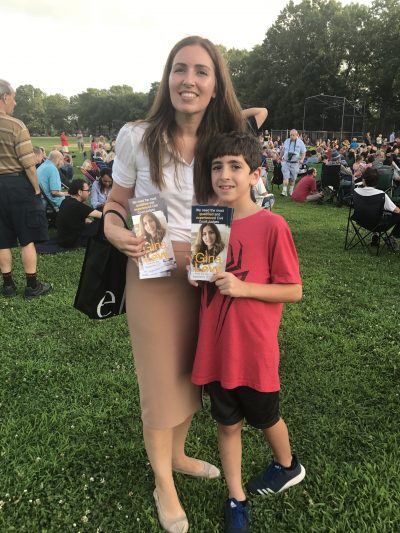
“I decided whoever is going to vote for me is going to vote for me,” she said.
A graduate from Brooklyn Law School with a Juris Doctor degree, Levy has spent most of her adult life in a legal environment, working towards advancing her career to the point where she could become a judge.
Levy has worked as a principal law clerk for New York State Supreme Court Justice Donald Scott Kurtz since 2006. During her tenure as a clerk for the job, she has agreed with a large majority of Kurtz’s decisions, but now, she wants those decisions to be her call.
“I think I could help more people and reach more people, and I can help more people” she said, “I’ve been doing motions and doing what I have been doing for such a long time. I’m very familiar with what I do. I think it’s time to grow and to do something else.”
Born and raised in the district she wants to serve, Levy has spent recent months exploring the district she has called home for so long, getting to know individuals from all kinds of backgrounds, hearing their stories.
She was surprised at the lack of awareness some of the people of South Brooklyn had about the law, concerned at some of the stories she heard about people’s experiences in the court system of Brooklyn, including public defenders not returning phone calls to those they were appointed to represent.
“I am in their neighborhood, I see what they’re going through,” she said.
Although she knows she doesn’t have direct influence over policy, Levy made it a point to visit all of the areas that encapsulate her district, in an effort to get to know the people she wants to serve better.
“Even though I can’t do anything about it, the only thing I can promise to them is that I’m going to be fair as a judge, and I’m not going to have a preconceived notion, and that my mind is going to be open. And I’m in their neighborhood and I see what they’re going through, and I appreciate that,” she said.
One area she got to know particularly well was Coney Island, she spent a lot of time there listening. It was there where she realized there is a need for educating the public on their legal rights.
“I spent a lot of time in Coney Island, and I can tell you now that if they were to appear in front of a judge, they would want someone who’s fair, they want someone that is not going to prejudge what the decision is going to be or what the bail is going to be based on the color of their skin or what they look like,” she said.
She recalled a story of meeting a woman with stage four cancer who had made no preparations for her finances for once she passed. The woman said that she didn’t have much money and didn’t know that it was necessary to have a plan for what would happen to her assets.
“There should be people in our communities going back, attorneys and judges, speaking to these communities and explaining to them how they can set up these things if they are going to do it themselves, and I don’t see that at all,” she said.
Volunteering her time to educate others would be on brand for Levy. In addition to her work as a law clerk, she has devoted time to educating young minds as an advisor and coach for a High School Mock Trial team for the past 15 years.
Going back into communities and educating is something Levy would like to be able to do. She said it has been these experiences that have prepared her the most for becoming a judge. Though knowledge of the law is helpful, she thinks interacting with people from all walks of life has given her the most preparation.
“I guess dealing with people, dealing with attorneys, dealing with litigates. I can’t say so much that the writing of decisions or the sitting at my desk prepared me because, I think you’ve heard this before, but when you go to law school they don’t teach you the law they teach you how to be a lawyer,” she said.
Levy has transitioned from her life in Brooklyn as an adolescent to building her own life in the same city that raised her. She currently raises her three children with her husband in South Brooklyn.
It is from spending so much in her community and going to events where she was able to meet local elected officials and eventually gain their support.
Levy has compiled an impressive list of endorsers during her campaign. She said these endorsements were not just given to her because of political affiliations, but because she went through screening programs.
“I worked very hard to have everyone’s support,” she said, “I think I’ve gained their confidence with respect to my qualifications, that’s why I think I have almost every elected official behind me.”
Notable endorsers of Levy include Congressman Hakeem Jefferies, Councilman Mark Treyger, State Senator Roxanne Persaud, and political organizations like Thomas Jefferson Democratic Club, Sephardic Community Federation and Advocates Without Borders.
As for the age-old question as to whether or not justice is blind, Levy has her doubts. That’s why she is eager to be the one making the decisions.
“Unfortunately I’m not so sure it is, it should be, that’s what it’s important who you elect,” she said.


